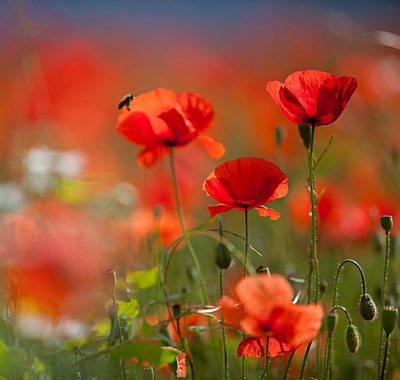 As a young reader, I liked writers who tactfully addressed the “gentle reader.” Perhaps I enjoyed the ironic wink suggesting that writer and reader are both in on creating the story. Indirectly or directly, good writers invite the reader to trust the unfolding tale, just as they find a way to signal their trust in the reader’s good judgement.
As a young reader, I liked writers who tactfully addressed the “gentle reader.” Perhaps I enjoyed the ironic wink suggesting that writer and reader are both in on creating the story. Indirectly or directly, good writers invite the reader to trust the unfolding tale, just as they find a way to signal their trust in the reader’s good judgement.
But I recall being annoyed when it seemed the writer was mocking or attempting to manipulate the reader. Those forms of address damaged the connection I felt with the story. Gentle readers, even young ones, are always smart enough to know when they’re being condescended to.
As a novice editor, I sometimes sent similarly harmful signals to writers—signals that suggested I knew more about what they wanted to say then they did. In my zeal to serve readers and style guides, I had not yet learned to give writers a reason to trust me.
When we focus solely on editing for editing’s sake, we might also neglect the writer’s purpose and voice. The words that cause the most damage to our relationship with writers are the ones that suggest our main purpose is to correct, allow, or disapprove their choice of words.
The gentle editor edits for the writer’s purposes, not her own. Gentle editors respect the writer’s voice and suggest only those changes that serve the writer first, and then the writer’s reader. I am still becoming this kinder, gentler kind of editor. The edits that please me most are those that leave no evidence that my red pen has touched the writing.
A fine example of a gentle edit is a one-word change made to John McRae’s poem, “In Flanders Fields.” In the last line of the poem, the writer had repeated an image from the first line, in which “poppies blow.” The gentle editor suggested changing the final line to “though poppies grow in Flanders Fields.” By changing one word, the editor strengthened the image of hope that the writer was struggling to find. And that, I imagine, was the writer’s purpose.
What is your experience of gentle editing?
Next Post: The Useful Conversation
Discover more from The Editors' Weekly
Subscribe to get the latest posts sent to your email.
